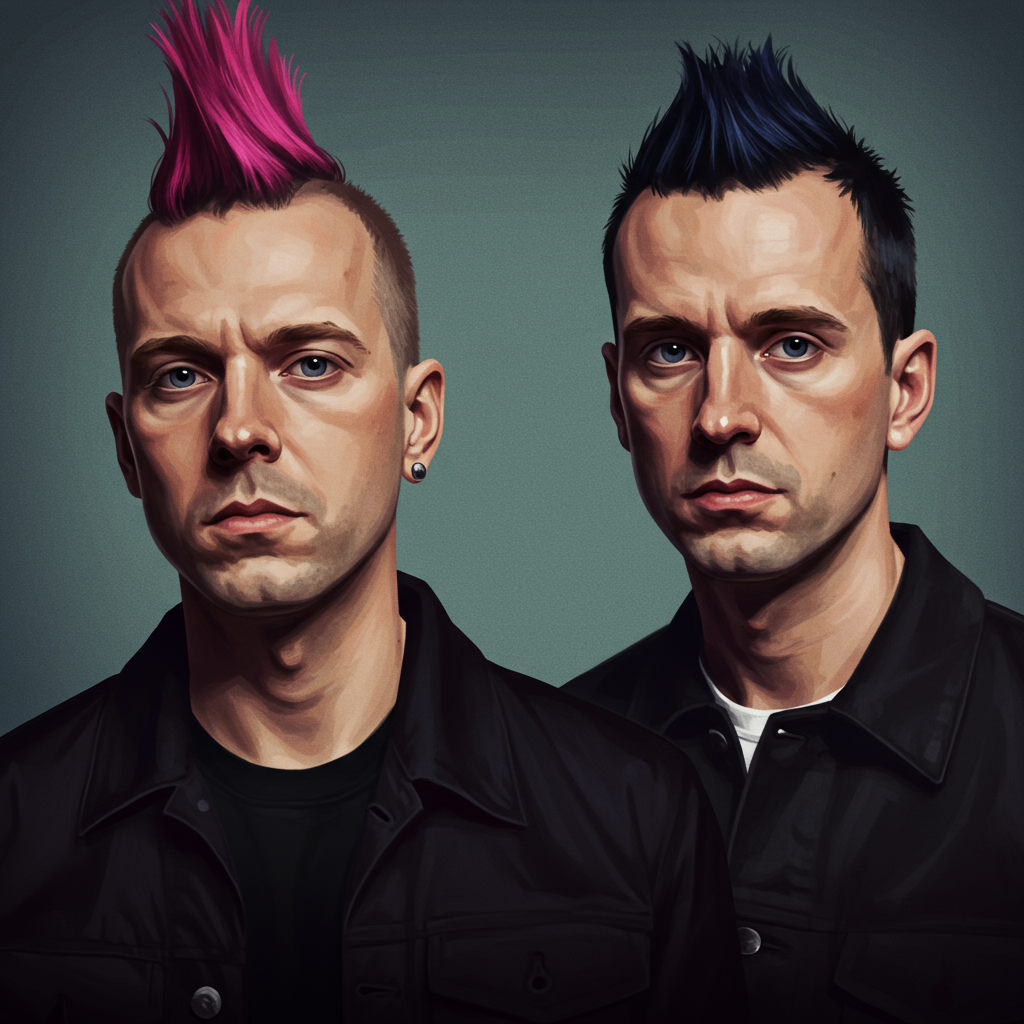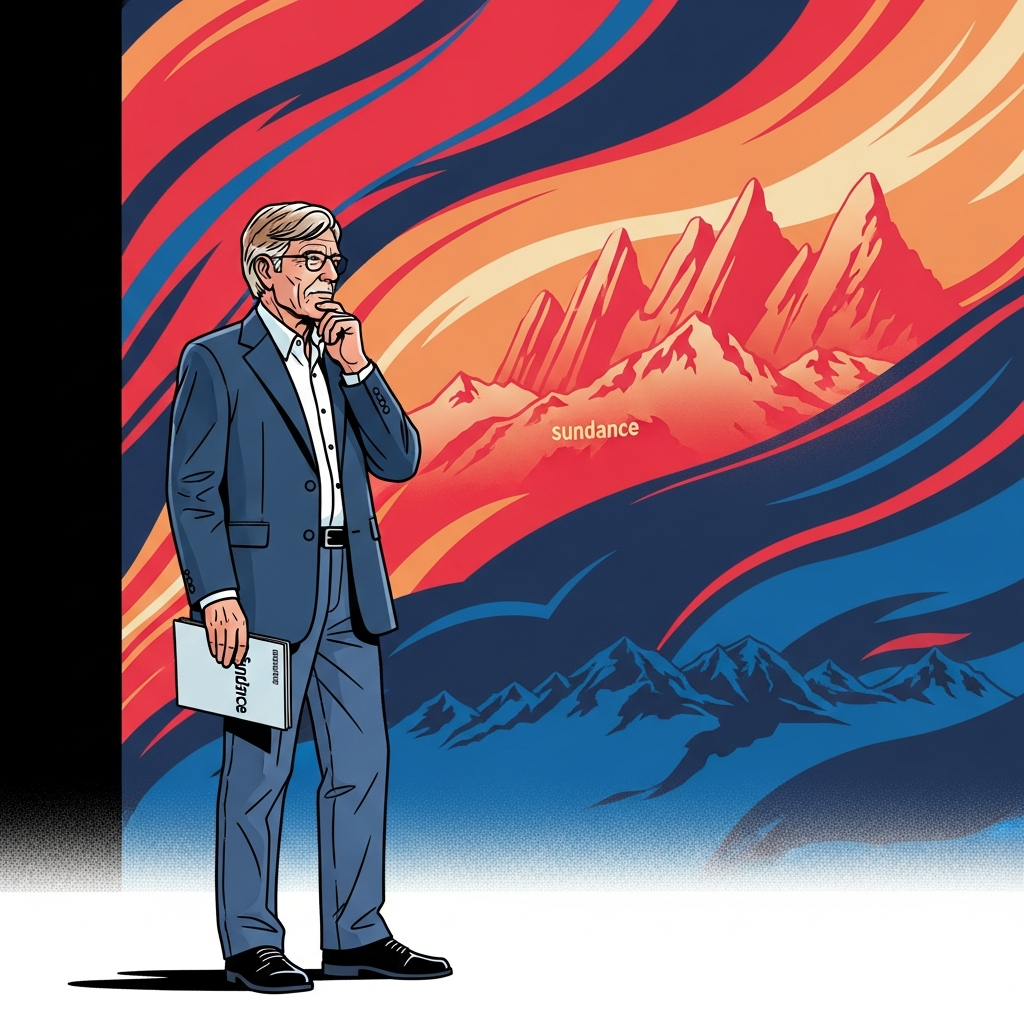A rising force in the UK’s punk-rap scene, the duo Bob vylan recently found themselves at the center of a major controversy following their performance at the iconic glastonbury Festival. A politically charged set took a drastic turn after members led controversial chants from the stage. The incident triggered immediate and severe consequences, including a police investigation in Britain and the revocation of their U.S. visas, effectively canceling a planned North American tour. The fallout also saw their talent agency, UTA, drop the band. This sudden shift has put Bob Vylan under an intense spotlight, prompting many to ask who they are and what exactly happened to provoke such widespread repercussions.
Who is Bob Vylan and What Led to the Glastonbury Incident?
Bob Vylan is a British punk-rap duo known for their raw energy, fast-paced tracks, and overtly political lyrics. The group consists of two members who use pseudonyms, Bobby Vylan (vocals) and Bobbie Vylan (drums), maintaining a deliberate level of anonymity. Their music often tackles themes of race, class, and social justice, building a reputation for confronting difficult subjects head-on through a blend of punk aggression and grime-influenced vocals.
Before the Glastonbury controversy, Bob Vylan was steadily gaining traction, boasting a significant number of monthly listeners on streaming platforms. They were seen as an exciting, albeit provocative, new voice in music. Their booking at a major festival like Glastonbury was a testament to their growing profile.
The Controversial Performance and Chants
The incident unfolded during Bob Vylan’s set on the West Holts stage at Glastonbury. The performance was being live-streamed by the BBC, bringing the band’s actions to a much wider audience than those physically present.
During their set, frontman Bobby Vylan engaged the crowd in several controversial chants. The most widely reported was “Death, death to the I.D.F.,” referring to the Israel Defense Forces. He also reportedly platformed the slogan “from the river to the sea, Palestine must be, will be, free” and made complaints about working for a “fing Zionist.” Video footage quickly circulated online, showing Bobby Vylan leading these chants, sometimes accompanied by the crowd.
Immediate Fallout and Condemnation
The reaction to Bob Vylan’s Glastonbury set was swift and overwhelmingly negative from many quarters.
Police Investigation Launched
Shortly after the performance, police in Avon and Somerset, the region hosting Glastonbury, announced they had opened a criminal investigation. The investigation is examining the comments made during the set to determine if any public order offense, specifically incitement to violence, was committed. The investigation reportedly also includes the set by Irish trio Kneecap, which took place after Bob Vylan’s performance.
Widespread Political and Festival Condemnation
Prominent political figures in the UK were quick to condemn the chants. Prime Minister Keir Starmer and other government officials, including Wes Streeting and Lisa Nandy, publicly criticized the remarks, with Starmer calling them “appalling hate speech.” Nandy demanded an urgent explanation from the BBC regarding their broadcast procedures. Lord Ian Austin called for a police investigation and potential arrest.
Glastonbury Festival organizers, including chief Emily Eavis, also issued a statement expressing their disapproval. They stated they were “appalled” by Bob Vylan’s actions and that the chants “very much crossed a line.” The festival emphasized that antisemitism, hate speech, or incitement to violence has “no place” at Glastonbury and reiterated this policy to all participants.
Talent Agency Drops Band
One of the most immediate professional consequences for Bob Vylan was being dropped by their talent agency, UTA (United Talent Agency). According to reports, UTA executives made the decision over the weekend after reviewing Bobby Vylan’s on-stage comments.
The band’s page was subsequently removed from the agency’s website. This move highlights the severity with which the agency viewed the comments and the potential professional repercussions associated with the controversy.
BBC’s Response and Criticism
The BBC faced significant criticism for live-streaming Bob Vylan’s set and not cutting away immediately during the controversial parts. The full performance remained available on the BBC iPlayer streaming service for several hours before being removed.
While the stream was live, the BBC did display an on-screen warning noting the presence of “very strong and discriminatory language.” However, this was deemed insufficient by many critics, including politicians and Jewish groups. The Campaign Against Antisemitism lodged a formal complaint.
In response to the outcry, a BBC spokesperson acknowledged that “Some of the comments made during Bob Vylan’s set were deeply offensive.” They stated that while they respect freedom of expression, they stand “firmly against incitement to violence,” describing the sentiments as “utterly unacceptable.” The BBC later issued a statement regretting the decision not to cut the stream, acknowledging that, in hindsight, they “should have pulled the stream during the performance.” The media regulator Ofcom has been in contact with the BBC to gather information regarding their procedures.
US Visa Revocation and Tour Cancellation
Adding to the list of consequences, the U.S. State Department revoked the visas for the members of Bob Vylan.
Deputy Secretary of State Christopher Landau announced the decision via social media, explicitly citing the band’s “hateful tirade” and “death chants” at Glastonbury as the reason. He stated that the U.S. considers foreigners who “glorify violence and hatred” to be unwelcome visitors. This action has jeopardized Bob Vylan’s planned North American tour, which was scheduled to begin in October.
Bob Vylan’s Reaction and Clarification
Following the intense backlash, Bob Vylan’s frontman Bobby Vylan took to social media. Initially, he appeared defiant, sharing a video of the chant with the caption “I said what I said.” He suggested his phone was “buzzing non-stop” and encouraged activism, stating it was important to teach children to campaign for the “right thing.”
Later, the band issued a statement attempting to clarify their position. They asserted they are “not for the death of Jews” but were advocating for the “dismantling of a violent military machine.” This clarification aimed to distance themselves from accusations of antisemitism while still standing by their criticism of the Israeli military. The context of their pseudonyms and stated concerns about a “surveillance state” adds another layer to their public communication strategy amidst the scandal.
Broader Implications and Discussion
The Bob Vylan controversy has ignited a broader discussion about the lines between political expression, freedom of speech, and hate speech, particularly within the context of large public forums like music festivals and live broadcasts.
The incident occurred during a period of heightened tension related to the Israel-Hamas conflict, and some critics, like Wes Streeting, highlighted the context of the October 7th attacks and the ongoing conflict when condemning the chants. The controversy underscores the challenges faced by artists who use their platform for political commentary, as well as the responsibility of the platforms (festivals, broadcasters, agencies) that host and promote them. It raises questions about due diligence, content moderation in live settings, and the potential consequences for artists whose expressions are deemed to cross into unacceptable territory by authorities, institutions, and the public. The swift and severe professional and legal repercussions faced by Bob Vylan serve as a stark example of these challenges.
Frequently Asked Questions
What controversial comments did Bob Vylan make at Glastonbury?
During their performance at Glastonbury Festival, Bob Vylan frontman Bobby Vylan led chants including “Death, death to the I.D.F.” (referring to the Israel Defense Forces). He also reportedly used the slogan “from the river to the sea, Palestine must be, will be, free” and made a negative comment about working for a “fing Zionist.” These comments were made on stage during a set that was being live-streamed by the BBC.
What consequences did Bob Vylan face after their Glastonbury performance?
Following the controversial chants, Bob Vylan faced multiple severe consequences. Police in Britain opened a criminal investigation into the incident, exploring potential incitement to violence. The U.S. State Department revoked the band members’ visas, citing their “hateful tirade,” which cancelled their planned North American tour. Additionally, their talent agency, UTA, dropped the band after reviewing the on-stage comments.
How did the BBC and Glastonbury Festival respond to Bob Vylan’s set?
Glastonbury Festival organizers issued a statement expressing that they were “appalled” by Bob Vylan’s actions, stating the chants “very much crossed a line” and reiterating the festival’s policy against hate speech. The BBC, which live-streamed the set, faced significant criticism for not cutting away. They later issued statements acknowledging the comments were “deeply offensive” and “utterly unacceptable,” regretting that they did not pull the stream during the performance. The BBC also removed the set from its iPlayer service and stated they had no plans to make it available on demand.
The Bob Vylan scandal at Glastonbury quickly transformed the band from a rising punk-rap duo into a focal point of intense political and cultural debate. The severe professional consequences, including canceled tours and lost representation, alongside legal scrutiny, highlight the significant risks artists face when their political expression is perceived as crossing lines into hate speech or incitement. This incident underscores the complex interplay between artistic freedom, platform responsibility, and the volatile nature of political discourse in the public sphere, leaving a lasting impact on the band’s trajectory and the broader conversation around activism in music.



